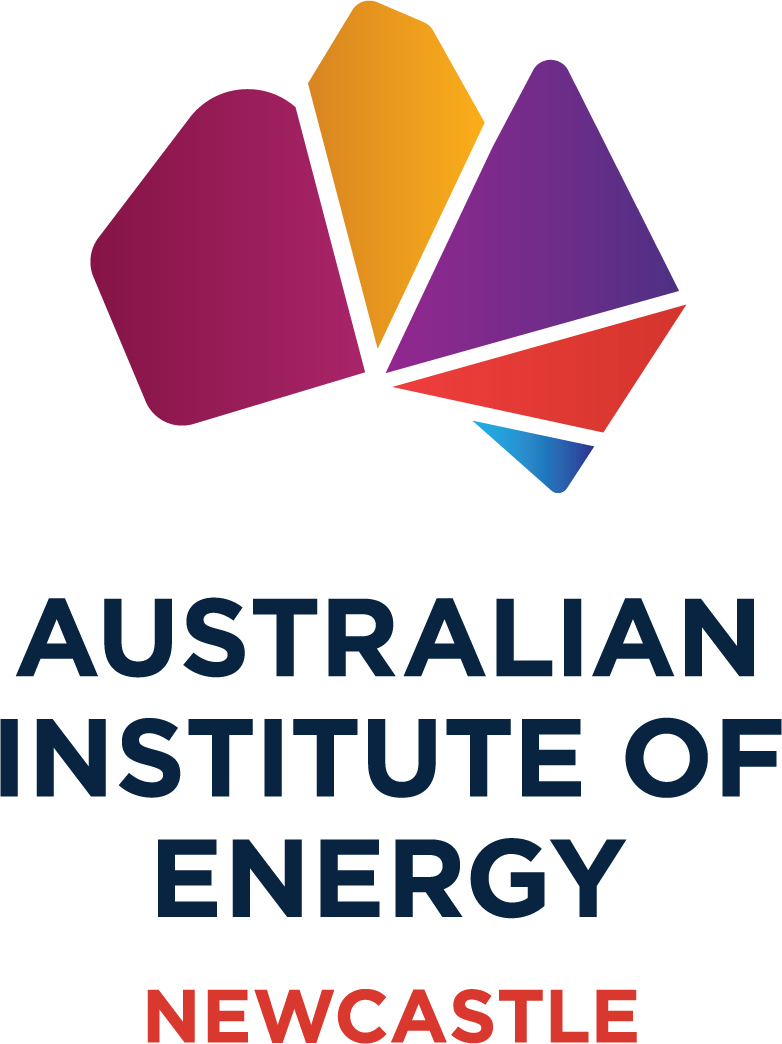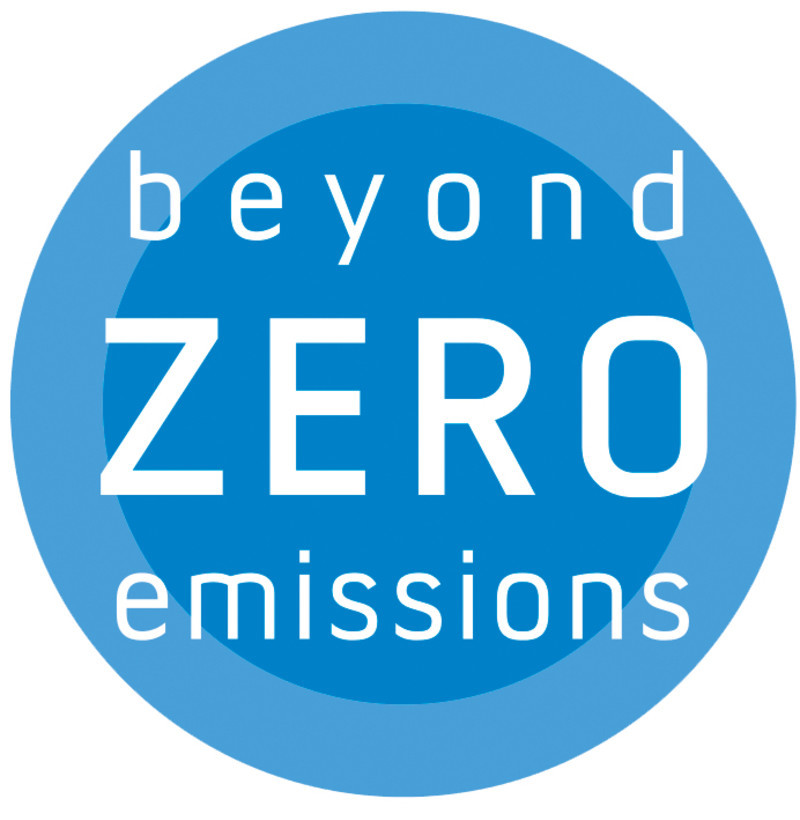NSW leads EV policy race as Australia sees steady uptake in electric vehicles
The Electric Vehicle Council’s latest report shows nearly 10 percent of new car sales in 2024 were EVs, with NSW taking top spot for EV policies.

Australia has seen a strong increase in electric vehicle (EV) adoption this year, with EVs making up 9.5 per cent of new light vehicle sales in 2024, according to the Electric Vehicle Council’s State of EVs report. This represents a 150 per cent increase compared to 2022, reflecting growing interest among Australians in cleaner transport options.
The report, released today, estimates that sales of battery electric vehicles (BEVs) and plug-in hybrid electric vehicles (PHEVs) could account for 15 to 19 percent of new car sales by 2026 if current policies remain in place. Around 110,000 EVs are expected to be sold in 2024, marking steady progress for the Australian market.
NSW was rated the top performer in EV policy, scoring 9 out of 10. The federal government and ACT followed closely with 8 out of 10, while Western Australia scored 7. Queensland and Victoria each received 6, South Australia and Tasmania scored 5, and the Northern Territory lagged with 4.
Electric Vehicle Council Chief Scientist Dr Jake Whitehead said: “2024 has been a year of steady growth for electric vehicle sales in Australia, with the country reaching an annual milestone of 100,000 BEV and PHEV sales before the year has ended. EVs now account for nearly one in ten new cars sold in Australia—that’s a 150 per cent increase in market share compared with 2022. It’s clear that a growing number of Australians are seeking cleaner, more efficient cars.”
Australia’s EV market now offers 122 models and over 220 variants, a 50 per cent increase in options compared to last year. The country has also doubled the number of fast and ultra-fast charging locations, with 1,059 sites nationwide and 1,849 public chargers available. This expansion is seen as a critical factor in supporting EV growth.
However, barriers remain. Electric Vehicle Council Head of Legal, Policy and Advocacy Aman Gaur commented: "Australia has made progress, but it still faces a long road to match the EV adoption rates of other developed nations. And to meet climate targets, we need more than 50 per cent of new car sales to be EVs by 2030. The New Vehicle Efficiency Standard (NVES) will advance these bold yet essential goals but more action is needed.”
Gaur also called for governments to consider reintroducing purchase incentives to make EVs more accessible. “Governments should come back to the table and consider reintroducing and expanding reasonable purchase incentives to drive EV adoption to a critical mass, including support to purchase second-hand EVs,” he said.
Expanding access to EV chargers, especially for those without off-street parking, was also identified as a priority. “The expansion of our national charging network, with over 1,000 fast and ultra-fast locations, is driving EV sales growth,” Gaur said. “To maintain this momentum, governments must keep investing in public charging, including kerbside options, and explore solutions for Australians without off-street parking.”
Dr Whitehead agreed, adding: “By any measure, there are more EVs on our roads today than ever before, and that is set to grow. The pace of this growth, however, will depend on the level of support from governments and industry.”













